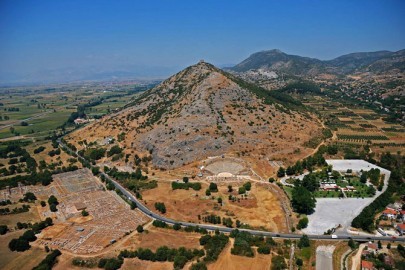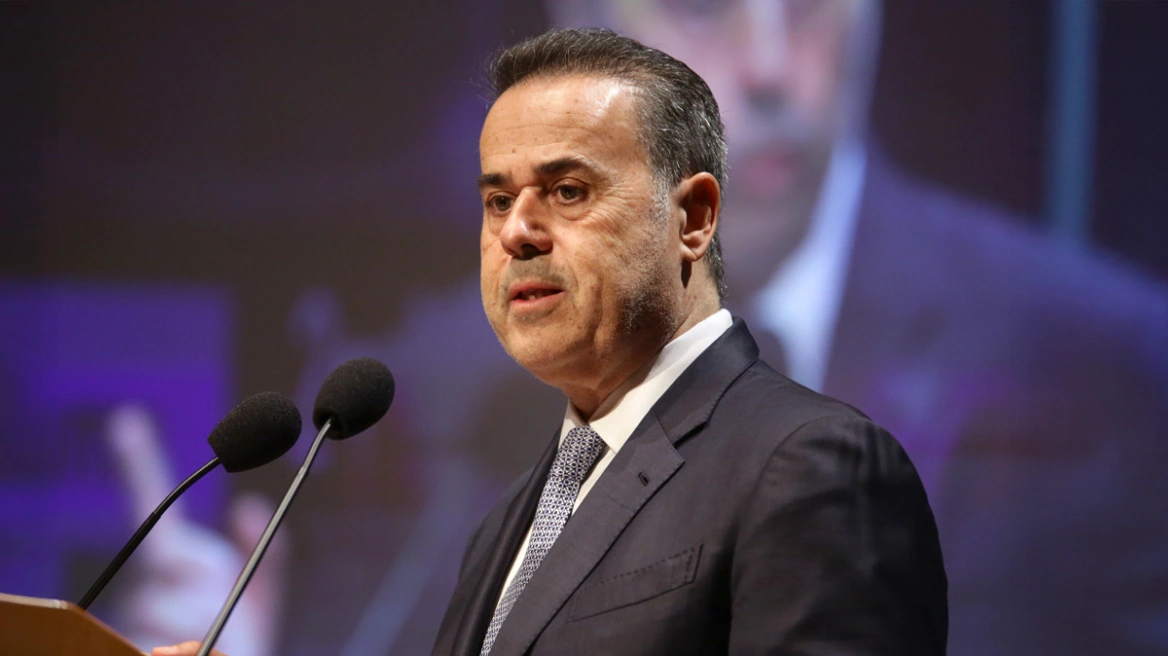A visit by Culture Minister Lydia Koniordou and the unveiling of a plaque that informs visitors of Philippi’s new status as a UNESCO World Heritage site concluded two days of celebrations to mark the archaeological site’s formal addition to the list of UNESCO monuments on Sunday.
The plaque, situated at the entrance of the ancient theatre of Philippi, explains the significance of the site as an international monument of exceptional importance, not just for its Hellenistic and Roman-era history but also for the history of Christianity and the spread of the gospels by the Apostle Paul. These include the open-air baptism of St. Lydia, the first recorded convert to the Christian faith in Europe, on the shores of the Zygakti River.
In her speech, Koniordou emphasised her satisfaction at this important event for Greece and pledged to make every possible effort to highlight and promote the country’s cultural treasures.
The event included readings from the sections of the bible describing the arrival of the Apostle Paul in Philippi and the baptism of Lydia, an extract from the play “Oedipus Rex” that officially launched the Philippi Festival in 1961 and a play put on by local school children based on their experiences living next to an archaeological site called “Growing up in the shadow of the past.”
The philharmonic orchestras of the Kavala Municipality and Philippi Municipal Unit played Beethoven’s ‘Ode to Joy’ from the 9th Symphony and Manos Hadjidakis’ “Street of Dreams”.
Ask me anything
Explore related questions





